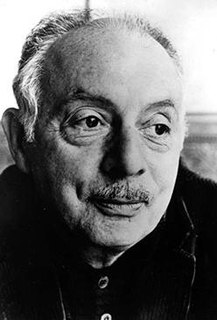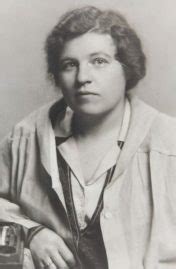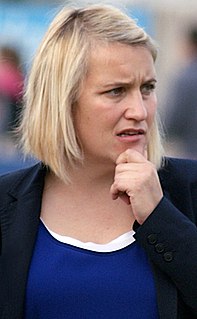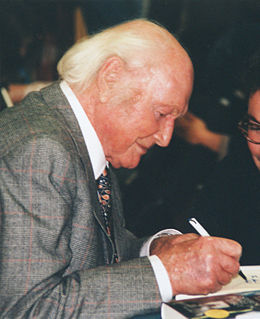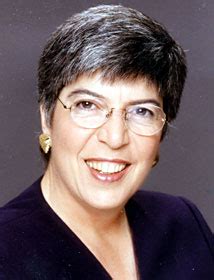A Quote by Stanley Kunitz
I dropped my hoe and ran into the house and started to write this poem, 'End of Summer.’ It began as a celebration of wild geese. Eventually the geese flew out of the poem, but I like to think they left behind the sound of their beating wings.
Related Quotes
Something told the wild geese
It was time to go.
Though the fields lay golden
Something whispered, "snow."
Leaves were green and stirring,
Berries, luster-glossed,
But beneath warm feathers
Something cautioned, "frost."
All the sagging orchards
Steamed with amber spice
But each wild breast stiffened
At remembered ice.
Something told the wild geese
It was time to fly-
Summer sun was on their wings,
Winter in their cry.
I've shown the players geese videos. I've shown them why geese fly in V formation, what everybody's role is, how geese support each other and, most importantly, why you fly further together. That's the bottom line. Geese wouldn't be able to migrate to the sun without all traveling together. It's the same for us.
Introduction To Poetry I ask them to take a poem and hold it up to the light like a color slide or press an ear against its hive. I say drop a mouse into a poem and watch him probe his way out, or walk inside the poem's room and feel the walls for a light switch. I want them to waterski across the surface of a poem waving at the author's name on the shore. But all they want to do is tie the poem to a chair with rope and torture a confession out of it. They begin beating it with a hose to find out what it really means.
Wherever I live, I shall feel homesick for Tibet. I often think I can still hear the cries of wild geese and cranes and the beating of their wings as they fly over Lhasa in the clear, cold moonlight. My heartfelt wish is that my story may create some understanding for a people whose will to live in peace and freedom has won so little sympathy from an indifferent world.
I started out in graduate school to be a fiction writer. I thought I wanted to write short stories. I started writing poems at that point only because a friend of mine dared me to write a poem. And I took the dare because I was convinced that I couldn't write a good poem... And then it actually wasn't so bad.
The subject of the poem usually dictates the rhythm or the rhyme and its form. Sometimes, when you finish the poem and you think the poem is finished, the poem says, "You're not finished with me yet," and you have to go back and revise, and you may have another poem altogether. It has its own life to live.
I think that poetry is an act of celebration, that anytime you're writing a poem, it means that you're celebrating something, even if it's a sad poem, if it's an angry poem, a political poem or anything at all. The fact that you're taking the time and energy to pick up this thing and hold it to the light, and say, "Let's take some time to consider this," means that you've deemed it worthy enough to spend time on - which, in my opinion, is celebrating.
